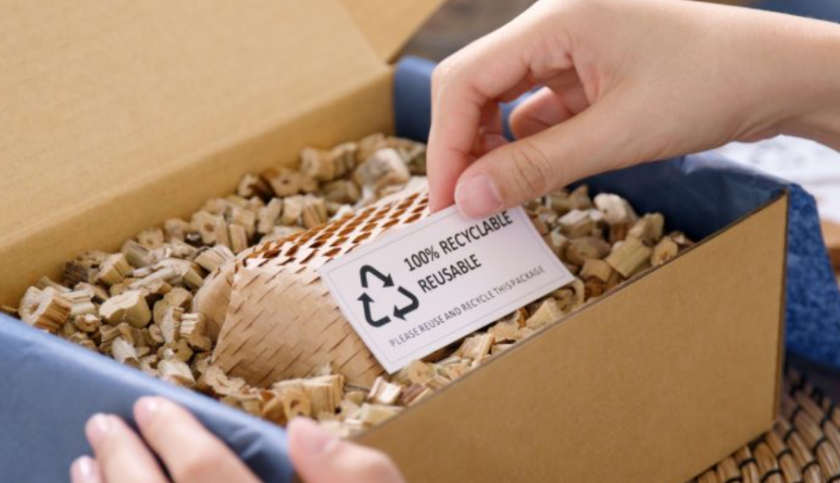As plastic bag bans spread through cities, states and countries the world over (with some places limiting single-use bags of any kind), the tote bag has become a must-have accessory for shopping.
The goal, of course, is to use an environmentally friendly alternative to plastics, which are harmful to the environment both through waste and manufacturing. Tote bags are also, as we know, a huge category in promo, for those very reasons.
The New York Times recently published a story that included some alarming statistics, however, about how tote bags might not be the eco-friendly cheat code that some people think they are. And, of course, most of Twitter was talking about it.
Are cotton tote bags earth-friendly? Not exactly. An organic cotton tote needs to be used 20,000 times to offset its overall impact of production, according to a 2018 study. That equates to daily use for 54 years. https://t.co/oBn10KgKty
— The New York Times (@nytimes) August 29, 2021
The basis of the argument was a recent study that found that an organic cotton tote bag needs to be used 20,000 times to offset the impact of its production, and that as people start to collect them, they’re doing more harm than good.
Before anyone starts digging up their plastic bags or writing to their congressperson, let’s get a counterpoint out of the way.
According to Lifehacker, which published a lengthy analysis of the New York Times story, that 20,000-use number isn’t so much the number of times you need to use a tote for it to “pay for itself,” per se. And it doesn’t mean that if you spread uses among multiple bags you’re single-handedly destroying the rainforest.
Via Lifehacker:
The 20,000 reuses figure is relative. It doesn’t mean, as the New York Times article states, that you have to reuse an organic cotton tote 20,000 times to offset “its overall impact of production.” It means that one organic cotton tote has the same environmental impact as 20,000 plastic bags. This also implies that it “saves” 20,000 bags, which the authors state outright in the executive summary: “[F]or every time a bag is reused it avoids the full life cycle of the reference bag.”
Those are pretty important distinctions. Also, plastic litter is not included in the environmental statistics that the study took into account here. For the most part, that’s the main goal of a reusable tote bag. Yes, it is good to reuse something to create less demand for constant manufacturing, but at the end of the day it’s to keep a bag from being used for 10 minutes and then ending up in a landfill.
The New York Times’ interpretation of the study data certainly downplays the effectiveness of tote bags to limit plastic waste. Like anything, you should only consume within your means. You probably don’t need an entire arsenal of tote bags. But, if you have a few and remember to bring them to the store, you’re doing something good. Like anything, it boils down to a need for responsible consumption.
There will always be stories that relate to the “promotional products are wasteful” argument, and there’s usually some truth to those claims. But, often, as we see here, there’s a counterpoint.


